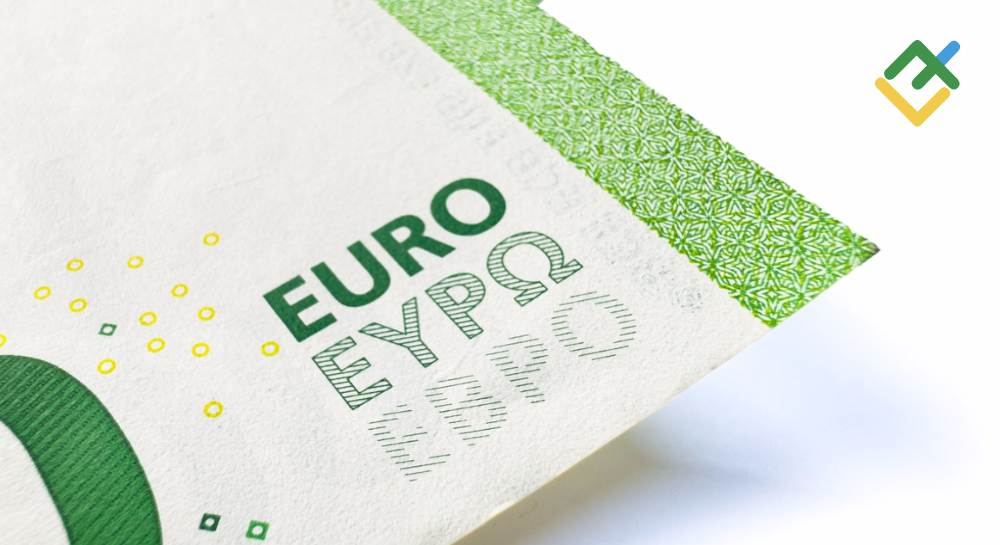Google sued the Consumer Financial Protection Bureau
(CFPB) of overstepping its authority in supervising the company’s payment
platform, Google Pay.
Payment Regulation Battle
Google filed a lawsuit in a Washington, DC, district
court, challenging the CFPB’s decision to extend its supervisory reach over
Google Payment Corp, the company’s payment arm. The tech giant argued that the federal agency’s
decision is as it targets a discontinued peer-to-peer payment product, Reuters
reported.
This marks a significant pushback against the agency’s
broader effort to oversee nonbank financial companies perceived as posing risks
to consumers.
The CFPB, which announced its intent to supervise
nonbank firms in 2022, cited consumer complaints and other factors in
justifying its scrutiny of Google Payment Corp. However, Google contends that
the regulatory action is unwarranted.
Google’s argument is based on the fact that the CFPB’s
decision targets a product that no longer exists. The lawsuit highlights the
peer-to-peer payment feature, which Google reportedly discontinued in the
United States, saying that such a service cannot pose risks to consumers.
CFPB Defends Its Supervisory Role
In its response, the CFPB reportedly emphasized that
its supervisory order does not imply any findings of wrongdoing. It noted that
Google Payment Corp. falls within its enforcement jurisdiction and meets the
legal criteria for supervision.
The move aligns with the CFPB’s broader mission to
oversee nonbank companies offering digital payment solutions. Last month, the bureau expanded its supervisory
purview to include large nonbank entities managing digital funds transfers and
payment wallets.
Google’s legal challenge could have far-reaching
implications for how Big Tech companies are regulated. The case raises
questions about the extent of federal authority over digital payment services,
particularly for platforms that no longer operate in a given market.
Expect ongoing updates as this story evolves.
Google sued the Consumer Financial Protection Bureau
(CFPB) of overstepping its authority in supervising the company’s payment
platform, Google Pay.
Payment Regulation Battle
Google filed a lawsuit in a Washington, DC, district
court, challenging the CFPB’s decision to extend its supervisory reach over
Google Payment Corp, the company’s payment arm. The tech giant argued that the federal agency’s
decision is as it targets a discontinued peer-to-peer payment product, Reuters
reported.
This marks a significant pushback against the agency’s
broader effort to oversee nonbank financial companies perceived as posing risks
to consumers.
The CFPB, which announced its intent to supervise
nonbank firms in 2022, cited consumer complaints and other factors in
justifying its scrutiny of Google Payment Corp. However, Google contends that
the regulatory action is unwarranted.
Google’s argument is based on the fact that the CFPB’s
decision targets a product that no longer exists. The lawsuit highlights the
peer-to-peer payment feature, which Google reportedly discontinued in the
United States, saying that such a service cannot pose risks to consumers.
CFPB Defends Its Supervisory Role
In its response, the CFPB reportedly emphasized that
its supervisory order does not imply any findings of wrongdoing. It noted that
Google Payment Corp. falls within its enforcement jurisdiction and meets the
legal criteria for supervision.
The move aligns with the CFPB’s broader mission to
oversee nonbank companies offering digital payment solutions. Last month, the bureau expanded its supervisory
purview to include large nonbank entities managing digital funds transfers and
payment wallets.
Google’s legal challenge could have far-reaching
implications for how Big Tech companies are regulated. The case raises
questions about the extent of federal authority over digital payment services,
particularly for platforms that no longer operate in a given market.
Expect ongoing updates as this story evolves.
This post is originally published on FINANCEMAGNATES.




